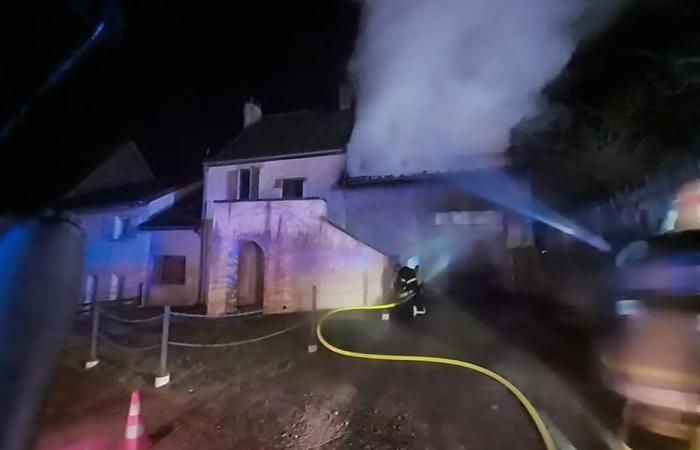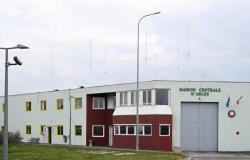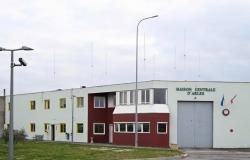Recent fires in the Côte-d’Or department (Ivry-en-Montagne, Thoisy-le-Désert, Lacour d’Arcenay, Arc-sur-Tille…) lead the Prefecture and the Fire Services and emergency services to call for vigilance against domestic fires and the risks linked to heating accidents.
The essentials of the day: our exclusive selection
Every day, our editorial team reserves the best regional news for you. A selection just for you, to stay in touch with your regions.
France Télévisions uses your email address to send you the newsletter “The essentials of the day: our exclusive selection”. You can unsubscribe at any time via the link at the bottom of this newsletter. Our privacy policy
The Côte-d’Or firefighters are calling for vigilance against domestic fires: many equipment and objects in the home are likely to be the cause of a fire, including electrical appliances and heating equipment. and cooking.
During the end-of-year celebrations, the risk of fire is also increased by the use of festive decorations such as garlands and candles.
The Prefecture of Côte-d’Or is issuing the following reminders:
- Tree and decorations: place the tree away from any heat source (candles, radiators, fireplaces); when purchasing an artificial tree, choose it made of fireproof materials; avoid covering the tree with flocking because artificial snow or frost is highly flammable. Ensure the integrity of garlands and other electrical decorations (damaged wire, unscrewed bulb) and their compliance with NF standards; do not leave them on unattended.
- Electrical equipment: have the installations in your home checked and maintained regularly; do not overload the sockets, choose power strips that meet NF standards and respect the maximum powers indicated; monitor devices in operation; do not place textiles on a radiator or running electrical appliance
- Flammable products: place flammable products (alcohol, gasoline) far from sources of
heat and do not store combustibles (cardboard, paper) near - Avoid smoking indoors and be sure to extinguish cigarettes completely.
Saturday December 28, a 150 m2 residential house fell prey to flames in Lacour d’Arcenay (Côte-d’Or)
•
© SDIS 21
Also read: “They are very affected”: a family loses everything after the fire in their house, the local football club mobilizes
Several domestic fires recently have been linked to chimney fires according to SDIS firefighters, so it is important to follow the following recommendations:
• Carry out chimney sweeping, at least once a year, ideally twice, by a technician
competent person who must provide a certificate. As a reminder, chimney sweeping is mandatory.
• Do not overload with wood and replenish the fireplace as you go
• Do not use solvent or alcohol to start the fire
• Do not store combustible materials in front of the fireplace
• Favor quality wood: damp or overly green wood as well as softwoods cause
more soot and increase the risk of chimney fires
• Above all, do not block the ventilation means of the premises despite the cold outside.
• Check the autonomous smoke alarm detectors (compulsory equipment in all
accommodation)
• In the event of a fire, evacuate the premises and call 18 or 112
Finally, to avoid the risk of carbon monoxide (CO) poisoning, an invisible and odorless gas, it is recommended to:
• Change the air in your home every day for at least 10 minutes, even in winter.
• Ensure that the home has grilles or vents so that air circulates
properly and properly clear the vents, even in very cold weather.
• Have your heating appliances (boilers, stoves, etc.) checked and maintained every year.
water heater, etc.) and follow the instructions for use.
• Never use a stove as emergency heating.
• Never leave a car engine running in a garage, whether private or public.
• If possible, install a carbon monoxide (CO) detector that complies with the standard
European EN50291. Please note, DAAFs (autonomous smoke warning detectors) are not carbon monoxide detectors.
“Symptoms of carbon monoxide poisoning include: headache; nausea
and vomiting; fatigue and malaise. If poisoning is suspected: ventilate the room, stop
heating and cooking appliances, leave the premises, call the emergency services by dialing 18 or 112 from outside and do not return to your accommodation without the agreement of the emergency services.”






